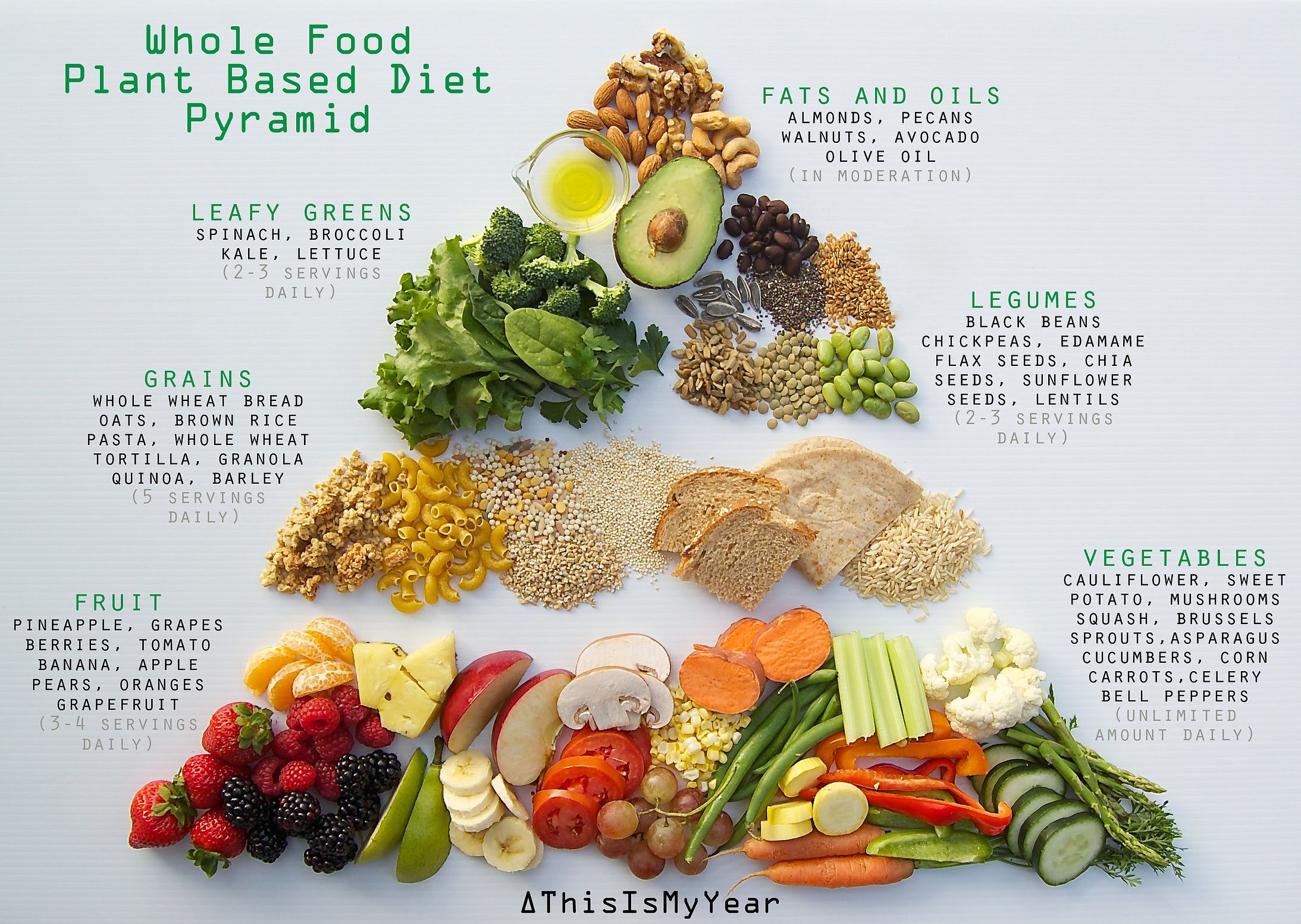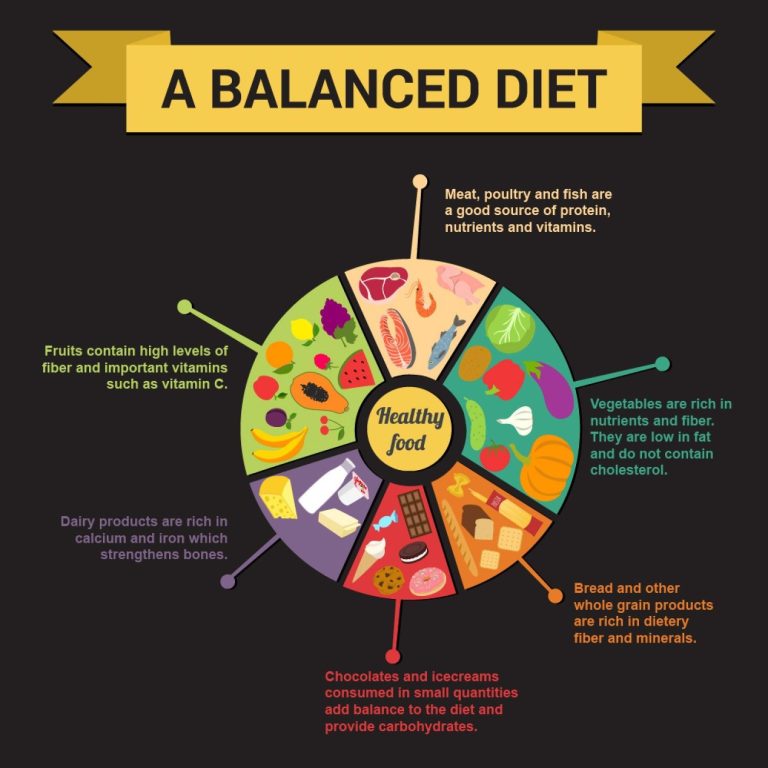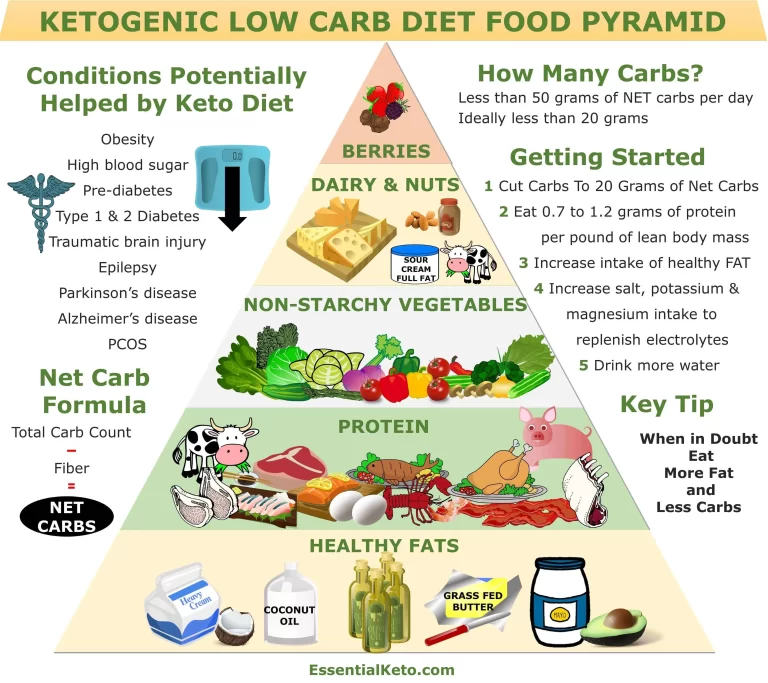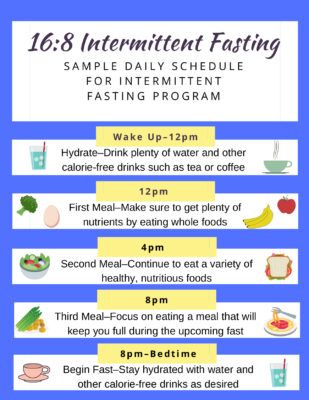Eating a diet composed of whole foods can have numerous benefits for your overall health and well-being. Unlike processed foods, whole foods are minimally processed and retain their natural nutrients, vitamins, and minerals. By incorporating more whole foods into your diet, you can improve your immune system, digestion, energy levels, and maintain a healthy weight.
Nutrient-Rich
Whole foods are rich in essential nutrients that are vital for your body to function optimally. Fruits, vegetables, whole grains, legumes, and lean proteins contain a variety of vitamins, minerals, and antioxidants that promote good health. These nutrients are necessary for maintaining a strong immune system and preventing various diseases.
Improved Digestion
Processed foods often lack fiber, which can lead to digestive issues such as constipation and bloating. Incorporating whole foods into your diet provides your body with the necessary dietary fiber to support healthy digestion. Fiber helps regulate bowel movements and promotes a healthy gut environment by feeding beneficial gut bacteria.
Increased Energy Levels
Consuming whole foods provides a sustained source of energy for your body throughout the day. Unlike processed foods that are often high in added sugars and unhealthy fats, whole foods offer a slower release of energy due to their high fiber and nutrient content. This helps avoid energy crashes and keeps you feeling energized and focused.
Weight Management
One significant benefit of incorporating whole foods into your diet is effective weight management. Whole foods are typically lower in calories and higher in nutrients compared to processed foods. Additionally, the high fiber content in whole foods promotes feelings of satiety, which can help prevent overeating and aid in weight loss or maintenance.
Reduced Risk of Chronic Diseases
The natural compounds and antioxidants found in whole foods provide protection against chronic diseases such as heart disease, diabetes, and certain types of cancer. The vitamins, minerals, and antioxidants in whole foods work together to strengthen the immune system, reduce inflammation, and combat oxidative stress, which can prevent the development of various health conditions.
Improved Mental Health
Your mental health can also benefit from consuming whole foods. Several studies have shown a strong connection between diet and mental well-being. Whole foods contain nutrients that support brain health and can help manage and prevent conditions such as depression and anxiety. Incorporating omega-3 fatty acids found in sources like fish and flaxseeds can enhance mental clarity and improve mood.
Sustainability
Choosing whole foods is not only beneficial for your health but also for the environment. Whole foods, such as fruits, vegetables, and grains, require less processing and packaging compared to processed foods. By opting for whole foods, you are supporting sustainable practices and reducing your carbon footprint.
Conclusion
Eating whole foods provides an array of benefits for your health, both physically and mentally. They are rich in essential nutrients, improve digestion, increase energy levels, aid in weight management, and reduce the risk of chronic diseases. Additionally, consuming whole foods promotes sustainability and contributes to a healthier planet. By making conscious choices to incorporate more whole foods into your diet, you can positively impact your overall well-being and enjoy a healthier lifestyle.












